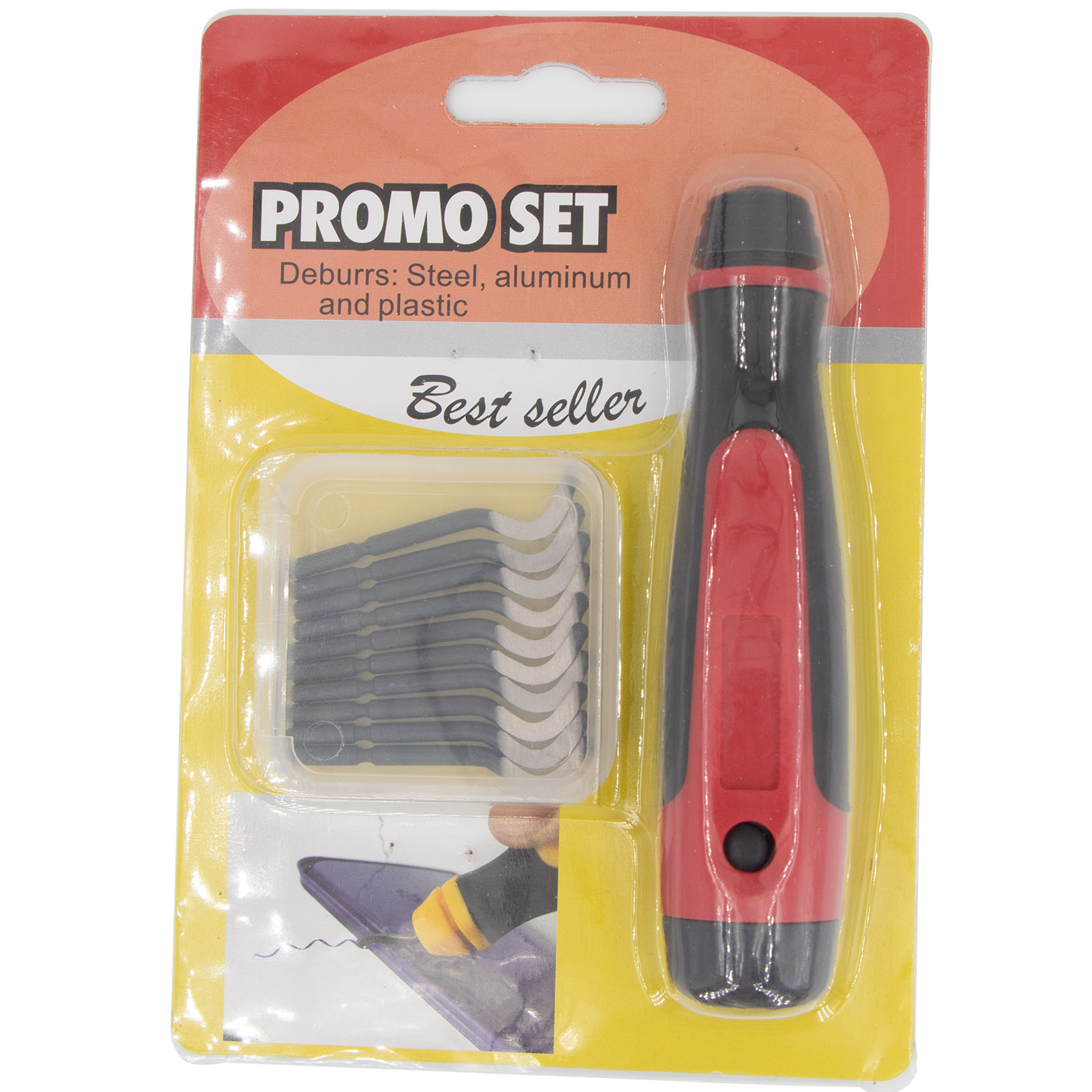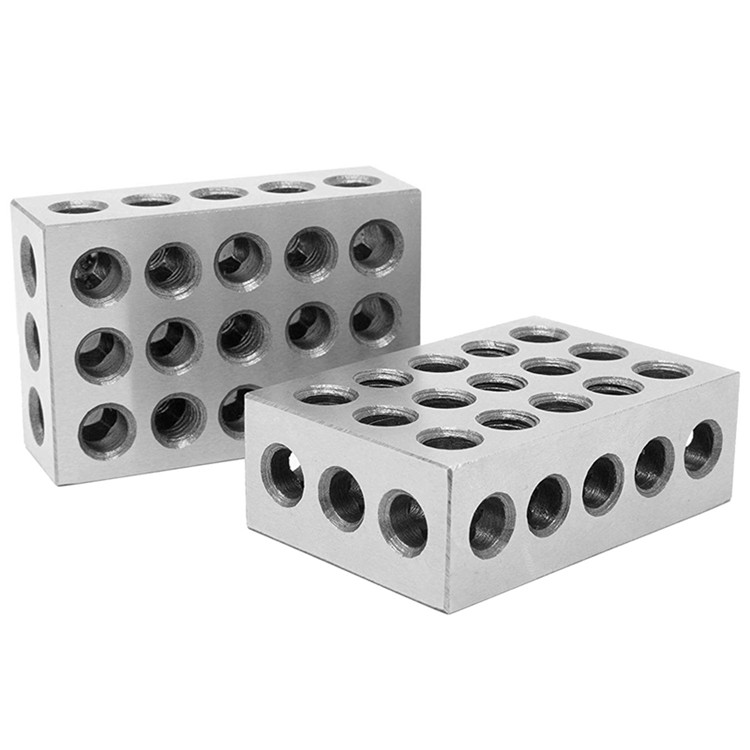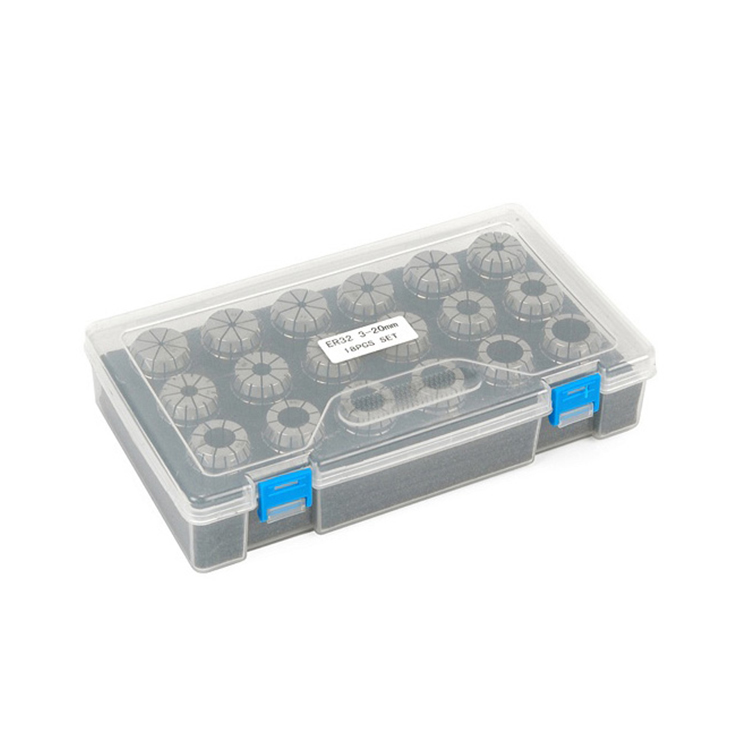thread mills Factory
Looking for a reliable thread mills factory? This comprehensive guide covers everything you need to know about finding the right manufacturer, understanding the different types of thread mills, and ensuring quality in your purchase. Learn about the critical factors to consider, including materials, precision, and customization options.
Understanding Thread Mills
Thread mills, also known as threading end mills, are rotary cutting tools used to create internal and external threads in a single operation. Unlike taps and dies, thread mills can produce a wide range of thread sizes and pitches with a single tool, offering greater versatility and reducing tooling costs.
Types of Thread Mills
There are several types of thread mills, each designed for specific applications:
- Solid Carbide Thread Mills: Offer high precision and long tool life, ideal for machining hardened materials and producing fine threads.
- Indexable Thread Mills: Feature replaceable inserts, reducing tooling costs for high-volume production.
- Multi-Tooth Thread Mills: Have multiple cutting teeth for faster threading speeds, suitable for softer materials like aluminum and brass.
- Single Point Thread Mills: Employ a single cutting edge, allowing for precise thread depth control and the creation of tapered threads.
Choosing the Right Thread Mills Factory
Selecting the right thread mills factory is crucial for ensuring the quality and performance of your tooling. Here are some key factors to consider:
Quality Control and Certifications
A reputable thread mills factory should have robust quality control processes in place. Look for certifications such as ISO 9001, which demonstrates a commitment to quality management. Ask about their inspection procedures and the types of testing equipment they use. Wayleading Tools, for instance, emphasizes rigorous quality checks throughout its manufacturing process.
Materials and Manufacturing Processes
The materials used in the construction of thread mills significantly impact their performance and durability. High-speed steel (HSS) and carbide are the most common materials. Carbide thread mills offer superior wear resistance and are ideal for machining abrasive materials. The manufacturing processes, such as grinding, coating, and heat treatment, also play a critical role. Ensure the thread mills factory uses state-of-the-art equipment and techniques.
Customization Options
Many applications require custom thread mills to meet specific threading requirements. A good thread mills factory should offer customization options, including:
- Thread Size and Pitch: Customizing the thread size and pitch to match specific applications.
- Coating: Applying coatings such as TiAlN, TiCN, or DLC to enhance wear resistance and reduce friction.
- Shank Diameter: Adapting the shank diameter to fit specific machine tools.
- Overall Length: Adjusting the overall length for optimal reach and clearance.
Pricing and Lead Times
While quality is paramount, pricing and lead times are also important considerations. Obtain quotes from multiple thread mills factory companies and compare their prices and delivery times. Be wary of extremely low prices, as they may indicate compromised quality. A reliable factory should provide clear and accurate pricing information and adhere to agreed-upon lead times.
Finding a Reliable Thread Mills Factory: Due Diligence
Before committing to a thread mills factory, conduct thorough due diligence:
Request Samples
Request samples of thread mills to evaluate their quality and performance. Perform test cuts on your target materials to assess their cutting ability and tool life.
Visit the Factory
If possible, visit the factory to assess their facilities and manufacturing processes firsthand. This will give you a better understanding of their capabilities and quality control measures.
Check References and Reviews
Ask the thread mills factory for references from existing customers. Contact these references to inquire about their experience with the factory's products and services. Also, search for online reviews and ratings to get an unbiased perspective.
Thread Mills: Applications Across Industries
Thread mills are indispensable tools across diverse industries. Their precision and efficiency make them ideal for:
- Aerospace: Manufacturing high-precision threaded components for aircraft engines and structures.
- Automotive: Producing threaded fasteners and components for vehicles.
- Medical: Creating intricate threaded parts for medical devices and implants.
- Electronics: Manufacturing miniature threaded components for electronic devices.
- Manufacturing: General machining for threaded holes on machines
Optimizing Thread Mills Performance
To maximize the performance and lifespan of your thread mills, follow these tips:
Proper Tool Holding
Use high-quality tool holders that provide secure and accurate clamping. Avoid using worn or damaged tool holders, as they can cause vibration and reduce tool life.
Correct Cutting Parameters
Select appropriate cutting parameters, such as cutting speed and feed rate, based on the material being machined and the thread mill type. Consult the manufacturer's recommendations or use a machining calculator.
Effective Coolant Application
Apply coolant effectively to cool the cutting zone and flush away chips. Use a coolant type that is compatible with the material being machined.
Regular Inspection and Maintenance
Inspect thread mills regularly for wear and damage. Replace worn or damaged tools promptly to prevent poor thread quality and potential machine damage. At Wayleading Tools, we emphasize regular tool inspection as part of our customer service, offering advice on tool maintenance and optimal performance.
Thread Mills Factory Checklist
Use this checklist when evaluating a thread mills factory:
- Does the factory have relevant certifications (e.g., ISO 9001)?
- What materials and manufacturing processes do they use?
- Do they offer customization options?
- What are their pricing and lead times?
- Can they provide samples for testing?
- Can you visit the factory?
- Do they have positive references and reviews?
Conclusion
Choosing the right thread mills factory requires careful consideration of several factors, including quality control, materials, customization options, and pricing. By conducting thorough due diligence and following the tips outlined in this guide, you can find a reliable supplier that meets your specific needs. Remember, investing in high-quality thread mills is essential for achieving precise and efficient threading operations.
Related products
Related products
Best selling products
Best selling products-
 Type H Flame Tungsten Carbide Rotary Burr
Type H Flame Tungsten Carbide Rotary Burr -
 32 Blades Feeler Gauge From 0.04-0.88MM
32 Blades Feeler Gauge From 0.04-0.88MM -
 Precision Outside Micrometer Of Inch & Metric With Rachet Stop
Precision Outside Micrometer Of Inch & Metric With Rachet Stop -
 Precision Digital Caliper Of With Metric & Inch Size For Industrial
Precision Digital Caliper Of With Metric & Inch Size For Industrial -
 Type J-60 Degree Cone Tungsten Carbide Rotary Burr
Type J-60 Degree Cone Tungsten Carbide Rotary Burr -
 Dial Bore Guage From 6-450mm Range
Dial Bore Guage From 6-450mm Range -
 HSS Metric 4 Flute End Mills With Bright Or TiN And TiAlN Coated
HSS Metric 4 Flute End Mills With Bright Or TiN And TiAlN Coated -
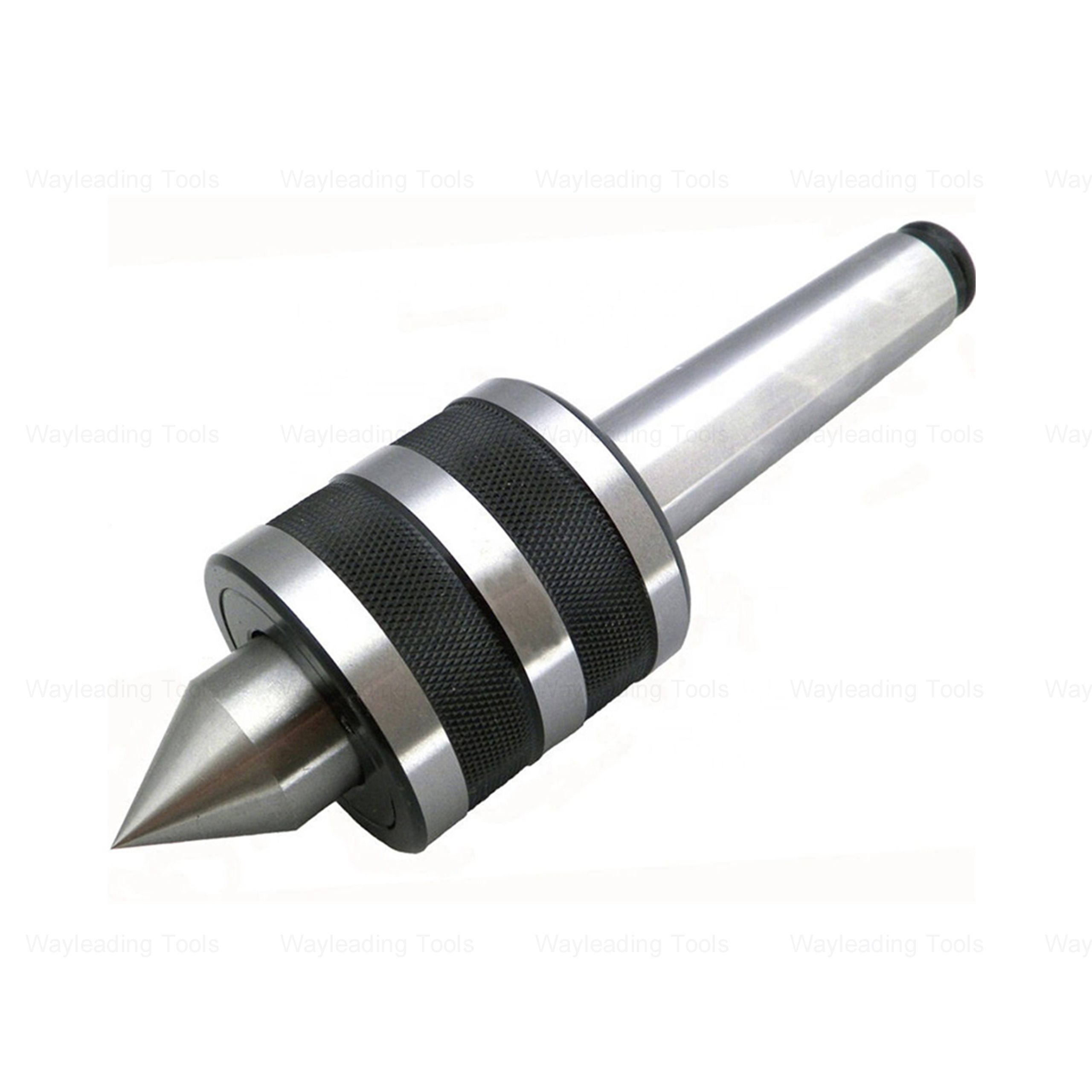 High Precision Medium-Duty Live Center – Hardened Tip, Morse Taper Shank
High Precision Medium-Duty Live Center – Hardened Tip, Morse Taper Shank -
 Type B Cylinder Tungsten Carbide Rotary Burr
Type B Cylinder Tungsten Carbide Rotary Burr -
 Partial profile 55° Threading Insert With ER & IR Type
Partial profile 55° Threading Insert With ER & IR Type -
 Precision V Block And Clamps Set With High Quality Type
Precision V Block And Clamps Set With High Quality Type -
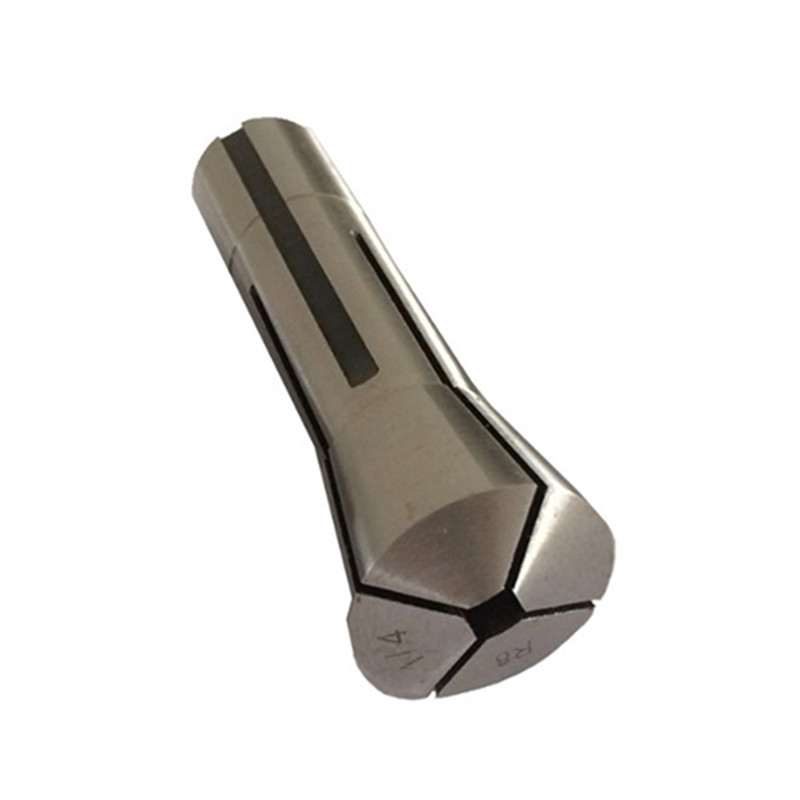 R8 Square Collet With Inch and Metric Size
R8 Square Collet With Inch and Metric Size
Related search
Related search- mill collet set Factories
- face milling cutter Manufacturers
- PDJN turning tool holder Factory
- carbide chamfer tool Manufacturer
- High-Quality valve seat reamer set
- Magnetic Base Manufacturer
- Wholesale 39pcs/set counterbore set
- Spline Cutter Manufacturer
- Indexable Boring Bar Manufacturers
- 6pcs HSS countersink set Manufacturers

